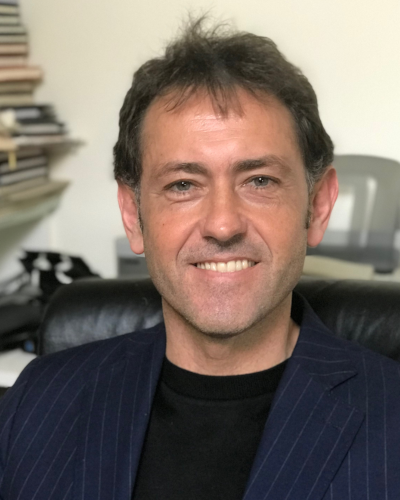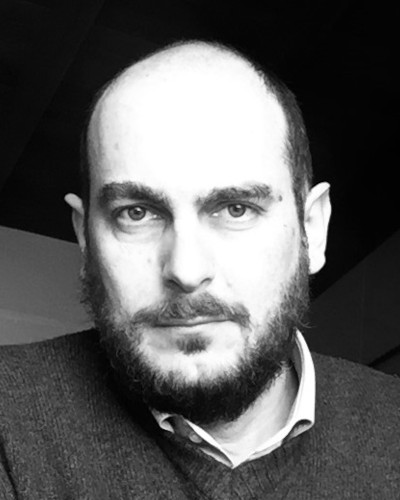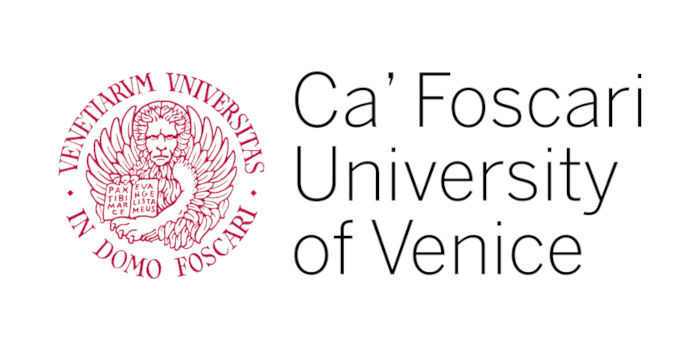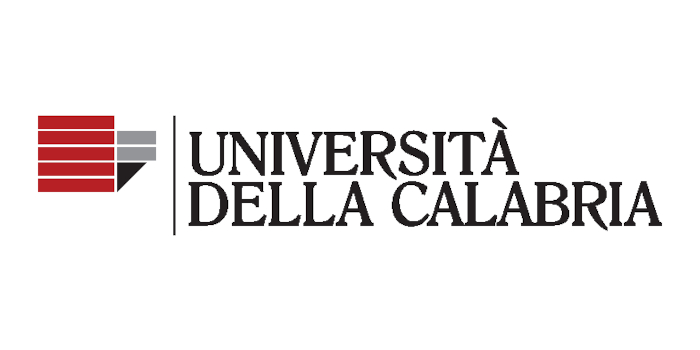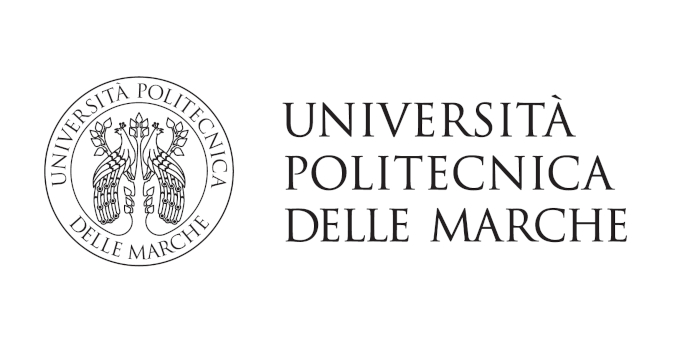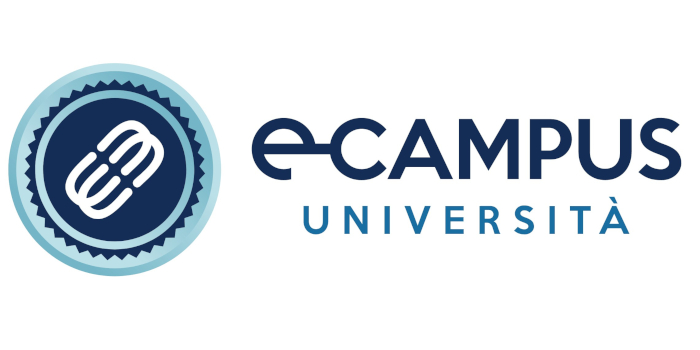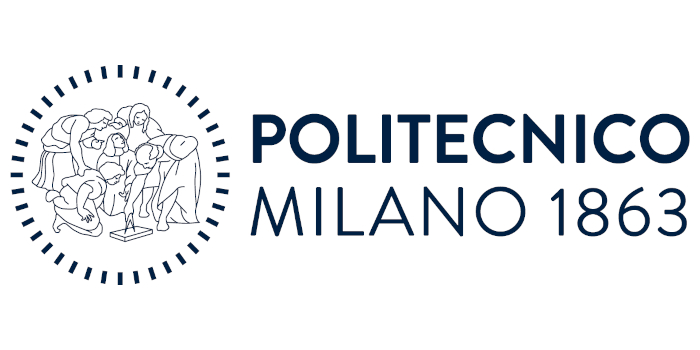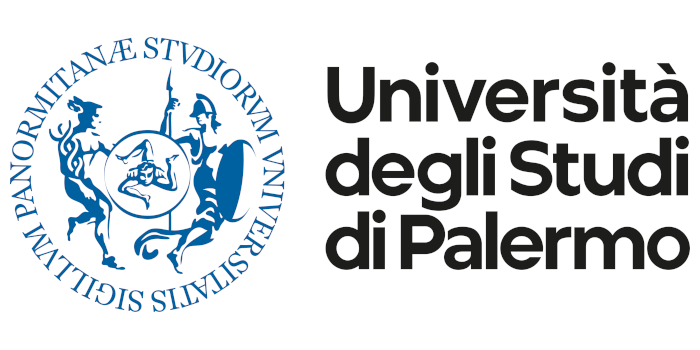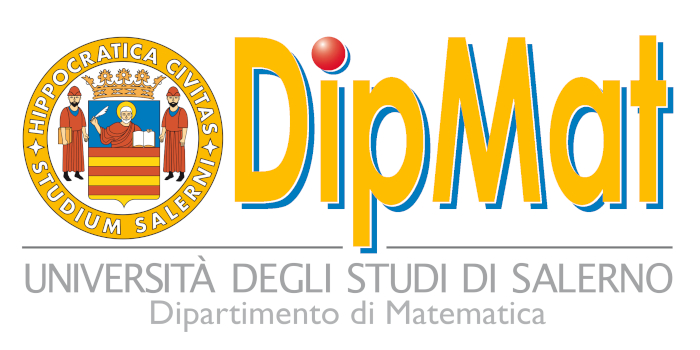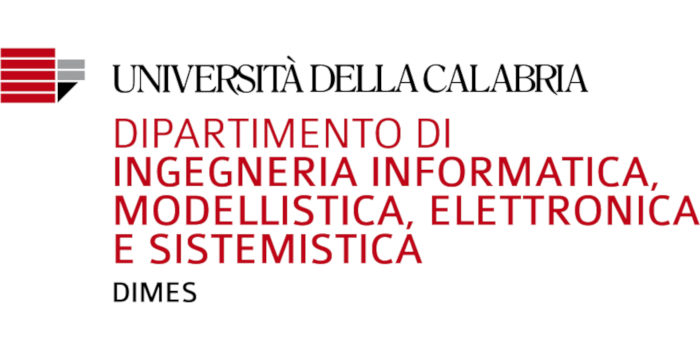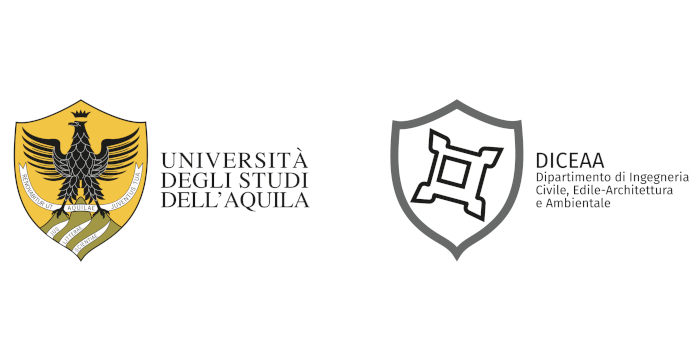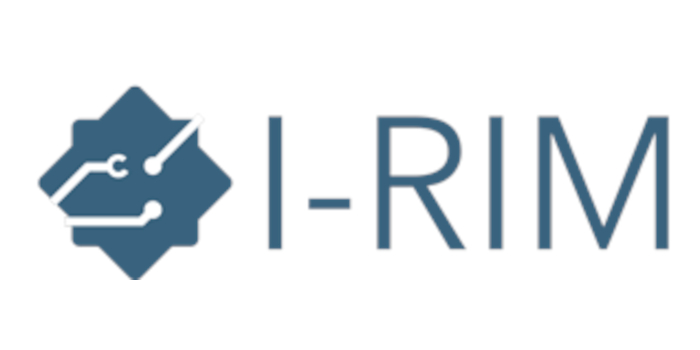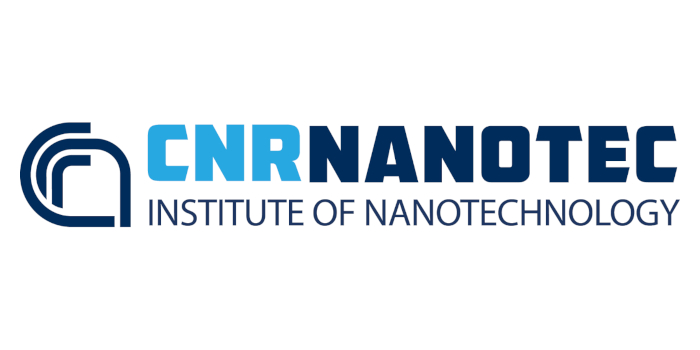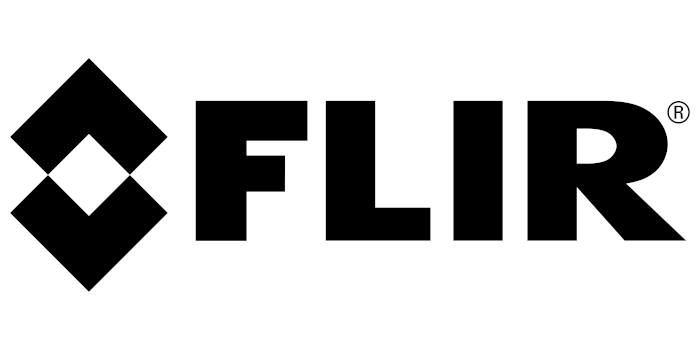SPECIAL SESSION #2
Application of Digital Services in the Built Environment: Empowering Innovation through High-Quality Data-Driven Measurement Processes to enhance Demand Response strategies.
ORGANIZED BY
Gian Marco Revel
University Polytechnic of Marche, Italy
Sara Casaccia
University Polytechnic of Marche, Italy
Serena Serroni
University Polytechnic of Marche, Italy
Vittoria Cipollone
University Polytechnic of Marche, Italy
Nicole Morresi
University Polytechnic of Marche, Italy
Diego Arnone
Engineering
ABSTRACT
Recent advancements in the digitalization of the Built Environment (BE) have unlocked new possibilities for developing innovative services that enhance occupant well-being, promote sustainable, energy-efficient building practices, and implement effective Demand Response (DR) strategies.
This special session goes beyond theoretical research, examining how these technological advancements actively shape global housing solutions and transform the BE landscape.
A key focus of the session is the role and application of advanced digital technologies and measurement techniques in the BE sector. Central to this discussion are innovations in data acquisition and data quality. In this context, the integration of Demand Response (DR) strategies, powered by real-time data analytics and AI, can optimize energy use, reduce peak demand, enhance grid stability, and maintain occupant comfort, particularly for vulnerable individuals.
The session also explores the application of AI-driven, data-centric methodologies for managing diverse and complex BE data. Real-world case studies will demonstrate how AI, digital tools, and advanced measurement systems are used for energy profiling and forecasting, smart energy resource management, enhancement of occupant comfort and well-being while providing Demand Response actions. In this context, the integration of Demand Response (DR) strategies, powered by real-time data analytics and AI, can optimize energy use, reduce peak demand, and enhance grid stability, all while maintaining occupant comfort. The incorporation of DR into smart building operations showcases the broader potential of digitalization to enhance energy resilience and efficiency in the BE.
Participants are invited to present research that illustrates the interplay between high-quality data, improved data-driven services, and practical BE applications. These insights are crucial for understanding how accurate, reliable data and innovative digital solutions—such as AI and Demand Response—are driving transformative advancements in the Built Environment.
This special session has been developed in the framework of the DigiBUILD (Grant Agreement n. 101069658) and Dedalus projects (Grant Agreement n. 101103998), initiatives funded under the Horizon Europe framework. DigiBUILD demonstrates the transition from isolated data management to a comprehensive, digital, and smart building infrastructure, integrating diverse data sources for high-quality digital services. This project aligns with the development of the EU-wide Digital Building Logbook, illustrating the practical application of digital transformation in the BE. DEDALUS aims to revolutionize the way we approach residential energy consumption and demand response going to deliver DR algorithms, models, and ICT-based services, for energy-efficient residential buildings.
ABOUT THE ORGANIZERS
Gian Marco Revel is Full Professor in Mechanical and Thermal Measurement at Università Politecnica delle Marche, where he is Rector Delegate for European Research. He received the Ph.D. degree in mechanical measurements from Università degli Studi di Padova in 1998. His research focuses on sensors and measurement technologies for buildings, health and industrial applications, with a particular focus on comfort and human behaviour and diagnostics.
Sara Casaccia is an Assistant Professor in Mechanical and Thermal Measurements at the Department of Industrial Engineering and Mathematical Sciences (DIISM) of Università Politecnica delle Marche (UNIVPM). Her research focuses on sensors and measurement techniques for supporting people in life environments (e.g. comfort, wellbeing), data processing to extract complex information (e.g. using AI), sensors for health, buildings and industrial applications.
Serena Serroni, is Research Fellow at department of Industrial Engineering and Mathematical Sciences (DIISM) of UNIVPM. She is working on European projects related to different aspects of Indoor Environmental Quality, monitored through IoT system and in supporting the development of measurement techniques and digital services in relation to the construction industry buildings and the built environment. She has a master’s degree in biomedical engineering (UNIVPM) and a PhD in Thermal and Mechanical measurement.
Vittoria Cipollone is a Ph.D. student at the Department of Industrial Engineering and Mathematical Sciences (DIISM) of Università Politecnica delle Marche (UNIVPM). Her research focuses on measurement techniques for comfort assessment to guarantee human well-being in indoor spaces, IoT sensors for building and health applications, data processing through Artificial Intelligence and Machine Learning techniques.
Nicole Morresi, PhD in Mechanical and Thermal Measurements from Università Politecnica delle Marche, is Research Fellow at Università Politecnica delle Marche. Her research focuses on the development of sensor networks and measurement techniques for supporting people in the built environment (e.g. IEQ, comfort and wellbeing), data analysis of heterogeneous datasets using AI-based techniques, and sensors for buildings and infrastructures, health and industrial application.
Diego Arnone Head of IoT and Digital Twin Solutions, got his University Degree in Electronics Engineering. Since 2001 at ENG R&D Laboratory, he has been working as researcher on several Italian Ministry and EC co funded projects. Since the beginning of 2010, his main research interest moved towards energy efficiency, energy consumption awareness and energy management systems. He has been working in many research projects, in the last years as coordinator. He is author of many scientific papers published on many conference proceedings and journals. He has been serving the European Commission (as Scientific Expert in the evaluation of proposals.


